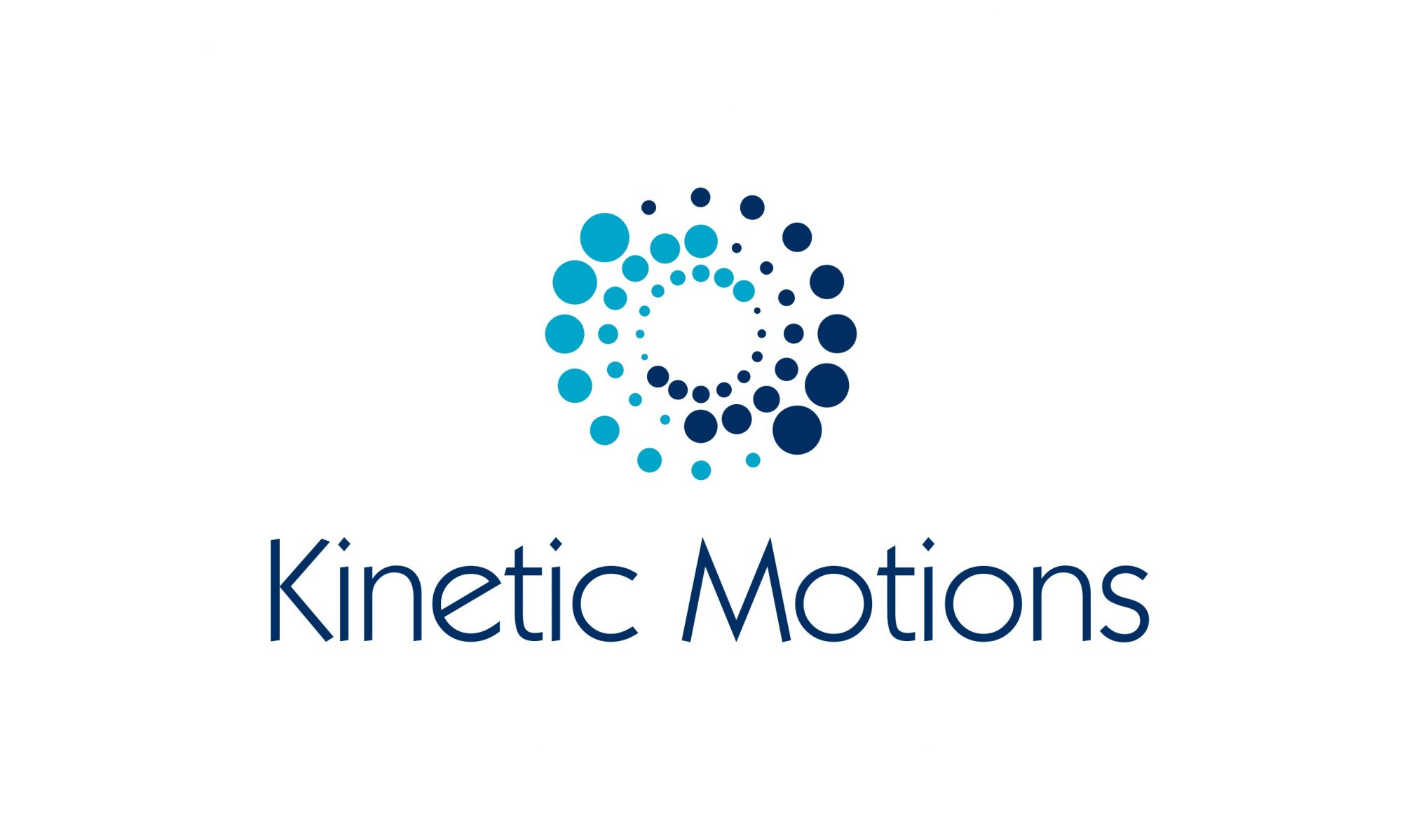I’ve been sitting on this question for a while now. I have a folder in my “notes” on my phone called Blog Ideas. Months ago, when my son had a rough go on a math test, and he was devastated, I wrote this question in my notes: can one test change your life?
It was one math test. Just one. He’s taken dozens before, and since he’s only in grade 10, I am quite sure he has dozens ahead. His disappointment in himself, in his lack of achievement, upset him – and upset me. And then I was further upset… that I was upset!
The good news is that my son got over the bad test rather quickly, and it motivated him to work hard, do well on the next math test and achieve an excellent grade in the course. But that one test got me thinking.
We are tested all the time. Sometimes it is a formal test, like a math quiz at school, or a formal certification or for a driver’s license. Those tests are, for the most part, straightforward. You get a high grade or mediocre. You pass or fail. There is a concrete outcome following the test.
Since this math test I have started to think more about all the ways we are informally tested, and how these tests affect us as we grow up and progress through life. Is this good or bad? Is it helpful or damaging? Do we benefit, or are we harmed?
In my own personal experience, for the most part, I have thrived in formal tests. Give me a math exam on trigonometry, I aced it. Throw a grammar test at me, for sure I always achieved the highest grade (and anyone who works with me knows that I am a stickler for good grammar!). Ask me to write an essay that asks me to answer the question, “Explain the weather patterns in Northern Canada in the last century,” and I guarantee that I would always have handed in a top-notch piece of work.
But, when I am tested in more informal situations, it’s not so simple. Sometimes I may create unrealistic goals for myself, or those around me expect me to achieve in ways that are extraordinary and beyond my reach. Or maybe there is no test at all, but I am being judged for my choices or my actions. While the end result may not be a pass or fail, there is still an outcome.
Maybe I am thinking too deeply about the word “test.” The word on its own can cause even the calmest person to feel anxious. How many people feel they are tested the first time they meet their partner’s family (or every time they are with their partner’s family!)? Have you ever felt everyone’s eyes were on you when you walked into a party? How about at work? Did you ever walk out of a meeting, after you were bombarded with questions, thinking to yourself… were those genuine questions, or were my colleagues… or gasp, my boss, just testing me?
When it comes to our careers, no doubt, we are tested all the time, often when we don’t even know it. I also think that those around us very often aren’t actively testing us. Your employer doesn’t necessarily start their day thinking, hmmmm, today I’m going to test Sally. Let’s see if she can solve that impossible problem. But you may be asked for advice, or to write a brief, crunch some numbers. And like it or not, someone, or a group of people, are judging you. And that can be stressful!
So, back to my original question: can one test change your life? I realize that life is not about one test. It’s about how we take on the many tests that we face throughout life. Some are rather obvious, like my son’s math test. Or a university entrance exam. Or a job interview.
But most are kind of murky, like your future mother-in-law asking you if you like the chicken she cooked for dinner (note: my mother-in-law is a fabulous cook and I am lucky to have such a close relationship with her!). How about when you are sitting in a meeting at work, with a group of executives, and they ask you what you think of the economic conditions in the province of Alberta (I’ve never actually been asked this, but you get the point).
My son will be tested throughout his life. Sometimes he will come home and show off that top grade, and I know that sometimes he will have that same look of devastation on his face like he did after that ghastly math test. I can just imagine the first time he meets his future in-laws or walks into an interview for a job he desperately wants.
Tests can be terrifying. Sometimes they can be terrible and upsetting. Or they can be wonderful and exhilarating. Most of the time they are just a part of life. And sometimes, yes, they can change your life.



